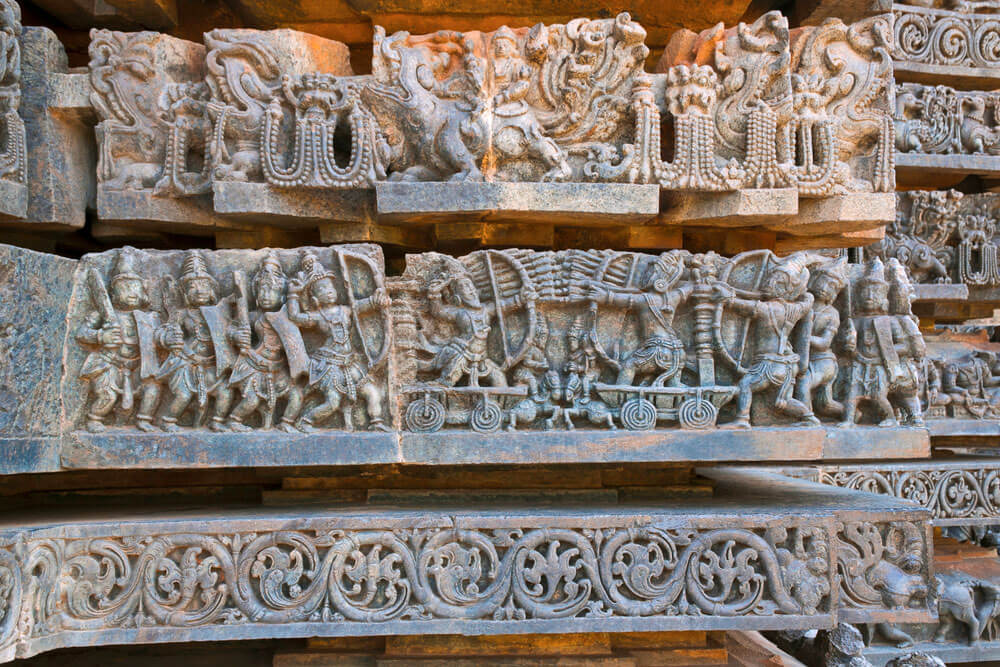
Annual Giving Campaign - 2025-2026 is under way. Donate today by Clicking Here, and help us reach our goal.
So far $293,744 has been raised out of a target of $ 3 Million. Click Here to donate today and help us reach our goal.

$1,500.00

This course is part of the following programs:
• Doctor of Hindu Studies (DHS)
All four Mahabharata courses are housed in the DHS program, but MA students may register for them with the instructor’s permission.
Admission into a qualifying Program of Study.

As a result of taking this course, students will be able to:

In this course, we will read the second, third, fourth and fifth books of the epic: the Sabhāparvan, Vanaparvan, Virāṭaparvan, and Udyogaparvan. We will study both traditional approaches which focus on dharma and mok.xsa as well as modern approaches which focus on historical aspects of the text; and investigate whether we can envision an appropriately contemporary approach. We will also read a selection of pertinent secondary literature on the Mahabharata.
The Mahabharata II dicing and exile course provides an overview of the origins of Indian philosophy, its development into various schools, and main philosophical themes contained in the most basic texts. In addition, the course will teach basic analytic and critical skills, especially how to read texts carefully paying attention to literary form, structure, context, and nuance. Students will learn how to interpret texts rigorously, to research secondary sources, and to reconstruct an argument in their own language.
$1,500.00
On the program page, there are multiple payment plan options to choose from.


